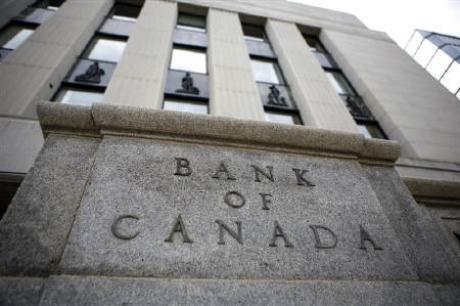
I'm no Economist.
So, I have no delusion about being able to either understand the financial-facts and number-nuances or accurately forecast the future economy. I have, however, experienced instances where I felt 100% certain I could accurately predict the direction of [natural gas] commodity prices. Perhaps, I was lucky; perhaps, it was real intuition. Regardless, my big-picture financial thoughts are more-or-less limited to questions and untested answers.
I understand people keep digging up gold, diamonds, and other precious things...which, for an interesting range of reasons, people value. As precious things are found and sold and bought - wealth increases. I understand people keep pumping up oil and gas and digging up other fuel sources...which, for practical reasons, people value. As these practical things are found and sold and bought - wealth increases...albeit, the growth in wealth is temporary for the buyer who sooner or later consumes them.
Outside of that and other similar simplistic views about how economies work, my big-picture financial thoughts are more-or-less limited to questions and untested answers.
Here are a few of them:
Debt is increasing. So what!
Isn't that the normal direction we should expect overall debt to take? Shouldn't debt follow the same trend as wealth? About the overall trend for wealth...isn't that trend an 'upward-sloping' line with overall wealth increasing with time? To the extent human beings place value on Value and call it wealth...haven't they always and won't they always tend to create it? Put another way, to the extent human beings innovate [in the commercial sense]...won't that tend to create wealth? And, as people create new pieces of Value and wealth and then exchange that new Value with other people won't the exchange be accompanied, in some instances, by new debt? So, isn't it natural for debt to increase as wealth increases? Shouldn't we expect that?
And - Isn't the extent of debt limited by the extent of wealth?
Wait a second...I worked through that Enron experience...let me rephrase that.
Isn't real debt limited by real wealth?
I'm no Economist...but...it seems to me the answer is 'Yes'.
We cannot expect one without the other.
Sure, greedy and tricky hucksters can and do balloon the presentation of wealth. [not to mention Enron, again]
And, other folks - for example, the suckers Barnum said are born every minute - can be overconfident about the amount of debt they can afford and they can and do become over-extended.
However...
The aggregate of debt cannot exceed the aggregate of wealth...can it?
In the event the extent of aggregate debt gets too high relative to the extent of aggregate wealth, doesn't that get cleared up quickly with 'market corrections'?
Don't market corrections reduce [right-size] both wealth and debt?
Questioned another way...
If wealth is not real then isn't the related debt also not real?
Don't stock-market corrections walk hand in hand with bankruptcy write-offs?
Don't these things pave the path for post-traumatic economic growth?
And...
When we say "debt is too high" don't we also mean "wealth is too high"?
PS: related to this -
- Do people, on average, take debt more seriously than wealth?
- Do people in debt feel more obligated to pay their debt than people possessing wealth feel obligated to state its value accurately?
- Aren't interest rates simply a reflection of confidence in [future] wealth creation?